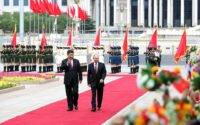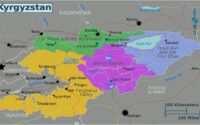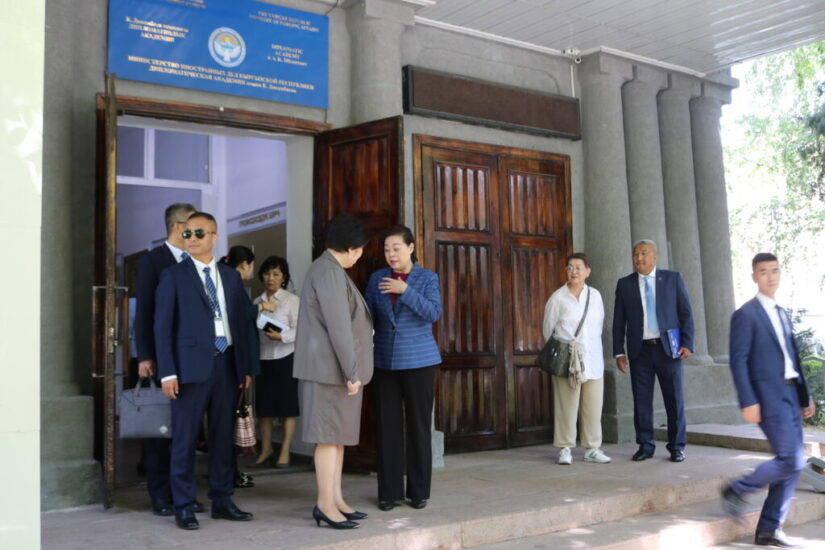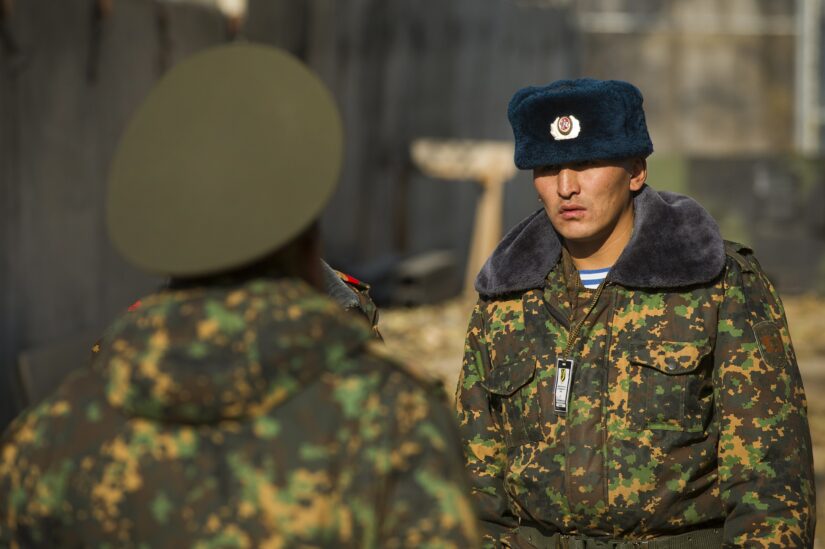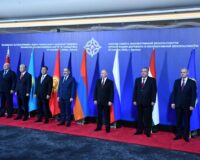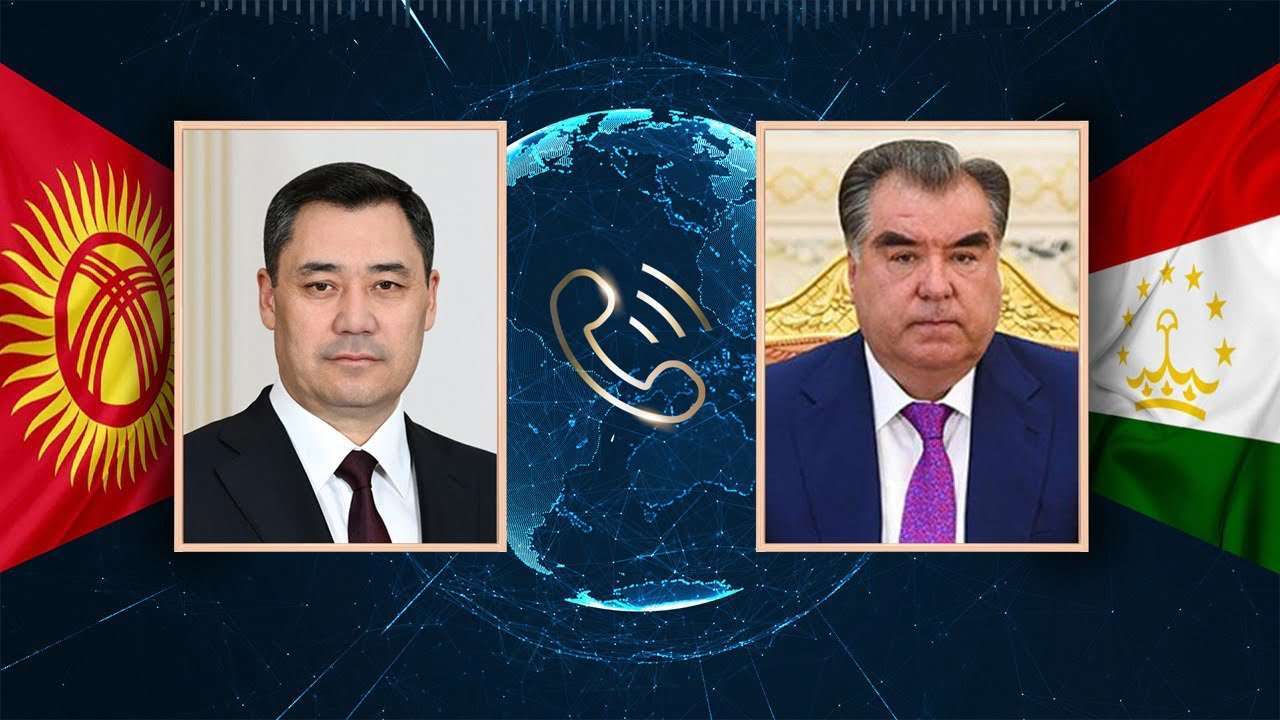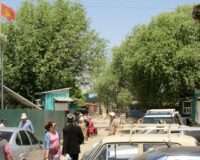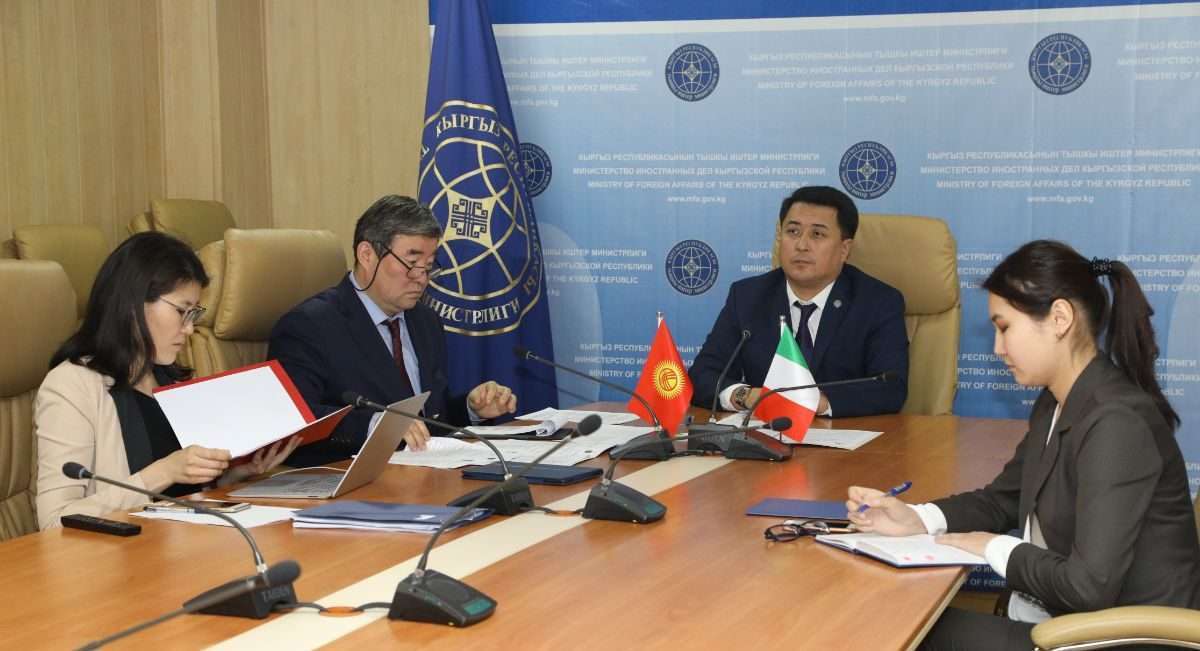Kyrgyzstan Terrorism Risk: Islamic State Suspects Arrested in Bishkek Region
Kyrgyzstan faced a significant terrorism risk stemming from the activities of radical groups linked to international terrorist organisations, such as the Islamic State. Recent counter-terrorism operation near Bishkek highlighted both the active recruitment efforts targeting Kyrgyz youth and the nation’s challenges in addressing these threats effectively.




